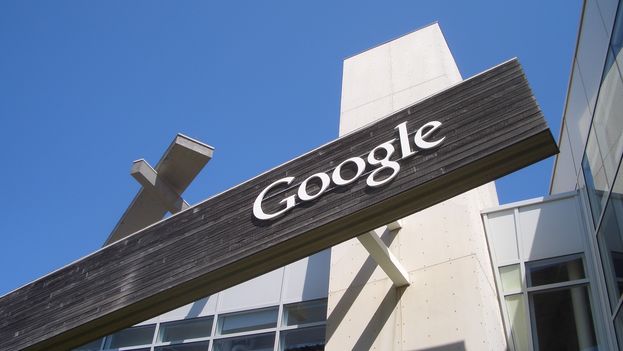
![]() 14ymedio, 6 May 2015 — Cuban Internet users can now download the Google toolbar, according to a Tuesday announcement on the firm’s corporate blog. The new service joins last year’s arrival of Google’s Chrome browser, as well as the applications and free games of Google Play and the free version of Google Analytics.
14ymedio, 6 May 2015 — Cuban Internet users can now download the Google toolbar, according to a Tuesday announcement on the firm’s corporate blog. The new service joins last year’s arrival of Google’s Chrome browser, as well as the applications and free games of Google Play and the free version of Google Analytics.
The directors of the US Internet giant have traveled to Cuba twice in the last year. This March a company delegation led by deputy director Scott Carpenter met with students and professors of the University of Information Sciences (UCI) in Havana and visited Jose Antonio Echeverria City University (CUJAE ) as well as facilities of the state Youth Club of Computing and Electronic.
That trip was preceded by a trip last June by Eric Schmidt, chief executive of the company, who visited the Island with Google employees Jared Cohen, Brett Perlmutter and Dan Keyserling, with the aim of “promoting the virtues of a free and open Internet.”
After the trip, Schmidt wrote in his profile on Google Plus: “If Cuba is trapped in the 1950’s, the Internet of Cuba is trapped in the 1990s. About 20-25% of Cubans have phone lines but mostly subsidized land lines, and the cell phone infrastructure is very thin. Approximately 3-4% of Cubans have access to the Internet in internet cafes and in certain universities.”
Several US companies such as Netflix and Apple are trying to break into the Cuban market after the easing of access to information infrastructure introduced after the announcement of the restoration of diplomatic relations between Havana and Washington on 17 December.
However, Internet access remains restricted in Cuba. With few exceptions home-based connections are not permitted and the rates in public internet rooms or in hotels are extremely high for most people. There are one million computers in the country, of which only half have Internet access, according to statistics from the ONE.
